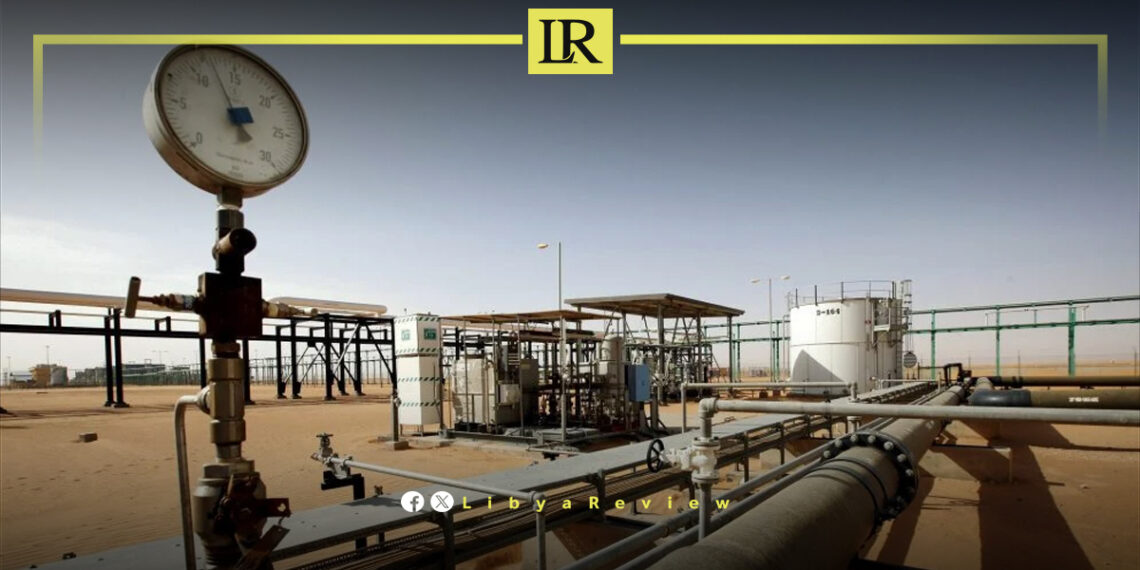On Thursday, Libya’s National Oil Corporation (NOC) announced a significant increase in oil production, reaching 1.2 million barrels per day (bpd) just days after lifting force majeure on key oil fields and ports.
This development comes as Libya resumes full-scale oil production following recent disruptions caused by internal conflict.
In a statement, the NOC reported that crude oil and condensate production has increased by approximately 85,000 barrels over the past two days. Production hit 1,217,148 barrels on Thursday, up from 1,158,862 barrels on Wednesday and 1,133,133 barrels on Tuesday.
The NOC indicated that production rates are expected to continue rising as operations at oil facilities ramp up, with the corporation working toward further increases in output to meet its targets.
Libya, home to Africa’s largest proven oil reserves, has long relied on its oil sector as the foundation of its economy. Oil revenues account for over 95% of the country’s income, making the stability and output of this sector crucial for the country’s financial health.
However, Libya’s oil production has been frequently disrupted due to ongoing political instability and internal conflict. Rival factions have repeatedly targeted oil fields and export terminals, using them as leverage in political disputes. These blockades have often forced the NOC to declare force majeure, a legal measure that suspends contractual obligations due to unforeseen events beyond the NOC’s control.
The recent production increase follows the lifting of a blockade that had crippled several key oil facilities. With force majeure lifted, the NOC has been able to restore production, boosting output to pre-blockade levels and sending a positive signal for the country’s economic recovery.
The surge in Libya’s oil production is a critical development not only for Libya but also for the global oil market. As one of the key oil producers in the Mediterranean region, Libya plays a significant role in stabilizing global oil supplies. Recent disruptions in oil-producing countries have caused fluctuations in global prices, and Libya’s ability to increase output could help ease some of the pressure on global markets


